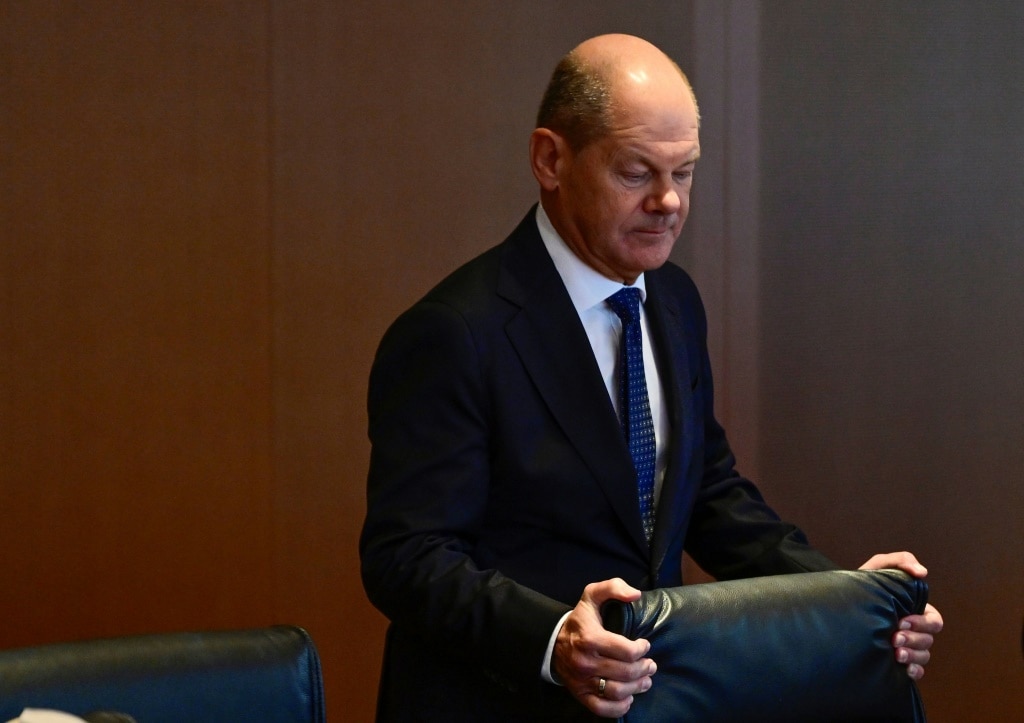Australia’s ‘dirtiest’ car brands named as fuel efficiency furore intensifies
As the dispute over proposed fuel efficiency standards shifts up a gear, 2023’s highest polluting car brands have been revealed in new analysis.
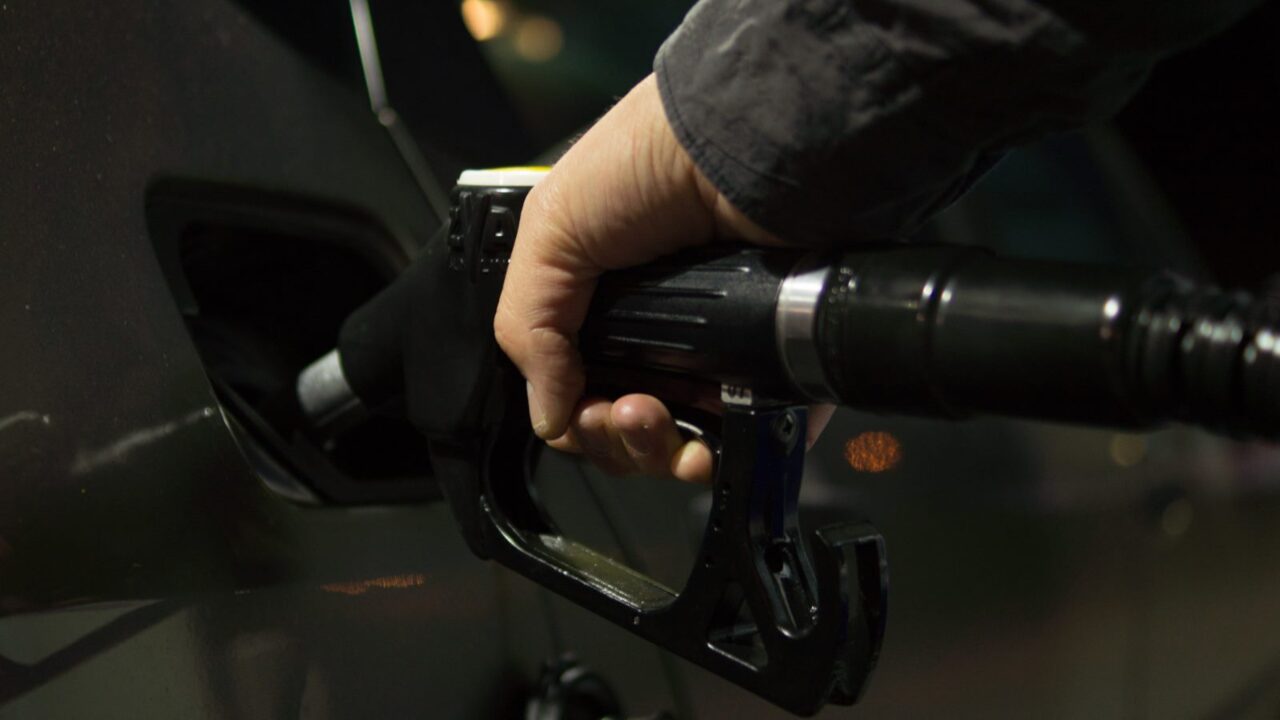
Breaking News
Don't miss out on the headlines from Breaking News. Followed categories will be added to My News.
Australia’s ‘dirtiest’ car brands have been named and shamed in new analysis, as the battle over mooted pollution caps for new vehicles picks up speed.
Last month, the Albanese government unveiled proposed fuel efficiency standards that would impose fleetwide pollution caps on automotive manufacturers, bringing Australia into line with other developed nations that have similar requirements.
While the proposed standards won’t ban any particular model, brands will be penalised if the average emissions of all vehicles they import is higher than an emissions target that will be slashed by more than 60 per cent from 2025 through to the end of the decade.
With the cap lowered each year, the standard will essentially operate as a carbon price, forcing car makers to sell more zero and low emissions vehicles, or cut back on the sale of high-emitting models such as utes and SUVs, to avoid being hit with fines.
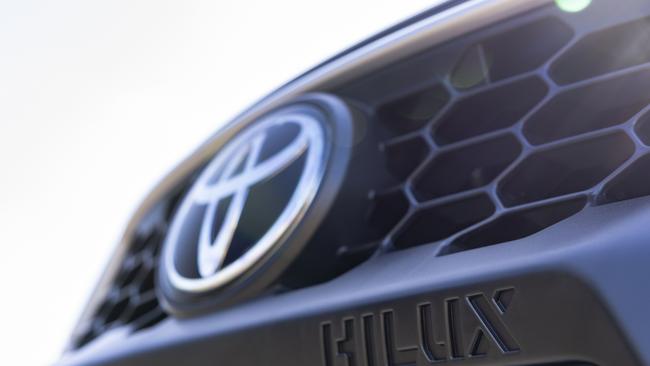
Energy Minister Chris Bowen says the change will save motorists about $1000 a year by 2028 due to savings made from purchasing less fuel, however Opposition Leader Peter Dutton branding them as a “new ute tax”.
Amid backlash from automotive industry lobbyists and major car brands, who argue the standards are too ambitious and would quash affordability and choice for consumers, the Climate Council on Wednesday renewed its push in favour of the reforms.
In a report released by the green advocacy group, the Council named the “filthy five” car manufacturers who they argued were getting off “scot-free” despite their environmental impacts.
Toyota was the dirtiest automotive brand in 2023 with its Australian sales estimated to account for up to 547,919 tonnes of carbon dioxide emissions, the analysis claimed.
Ford, Hyundai, Renault-Nissan Mitsubishi and Mazda were also significant contributors to transport emissions, it found.
“The cars these multinational corporations sell are responsible for as much climate pollution in a year as dozens of big, dirty coal mines,” the Council’s chief executive Amanda McKenzie said.
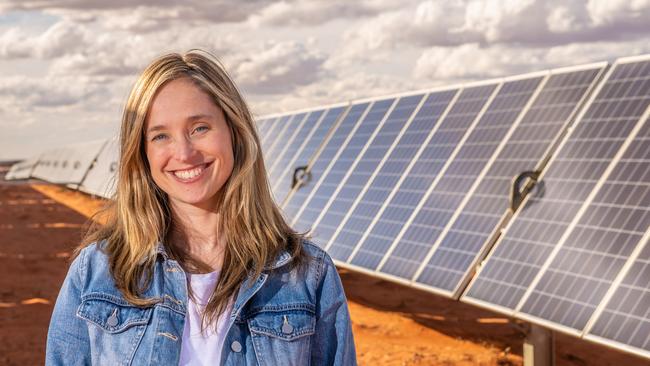
“Right now, they are getting off scot-free because that pollution isn’t being regulated.”
In the absence of fuel efficiency standards, Ms McKenzie said the local market had become a “dumping ground” for high polluting vehicles in recent years.
“That’s why Australian vehicles use 20 per cent more petrol than American vehicles, which we pay for with our well being and at the hip pocket.”
Earlier in the week, one of the nation’s leading business groups, the Australian Chamber of Commerce and Industry (ACCI), weighed in on the debate over the proposed standards, labelling them “heavy handed” and “unachievable”.
“This unrealistic target, supported by partial, simplistic analysis, will inevitably lead to the perverse outcome of making emissions targets even harder to achieve,” ACCI chief executive Andrew McKellar said.
As a result of the standards, many potential new-car buyers would be locked out of the market due to higher costs, the Chamber claimed.
“This means that households and businesses will keep their older, less fuel-efficient vehicles for longer,” Mr McKellar said.
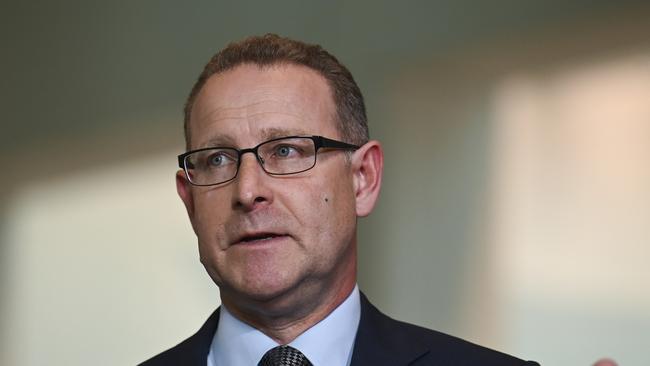
Separate analysis released by the Australian Automotive Dealer Association (AADA) says that just over 25 per of passenger vehicles models currently sold in the Australian market would fall below with the government’s 2025 emissions cap
By 2029, as the cap reduced, only one in 10 models currently sold would fall below the threshold, the AADA analysis states.
However, independent think tank The Grattan Institute rubbished the automotive lobby’s opposition to the standard, arguing that any price increase would be limited.
“The government’s announcement has revived some criticisms that a fuel efficiency standard will ‘end the weekend’,” a report from the Institute said.
“It will not, particularly since the targets are in line with those in the US and almost certainly achievable without major negative impacts on consumers.
“When vehicle efficiency standards are introduced, manufacturers do make more efficient cars and consumers do buy them.”
Originally published as Australia’s ‘dirtiest’ car brands named as fuel efficiency furore intensifies


